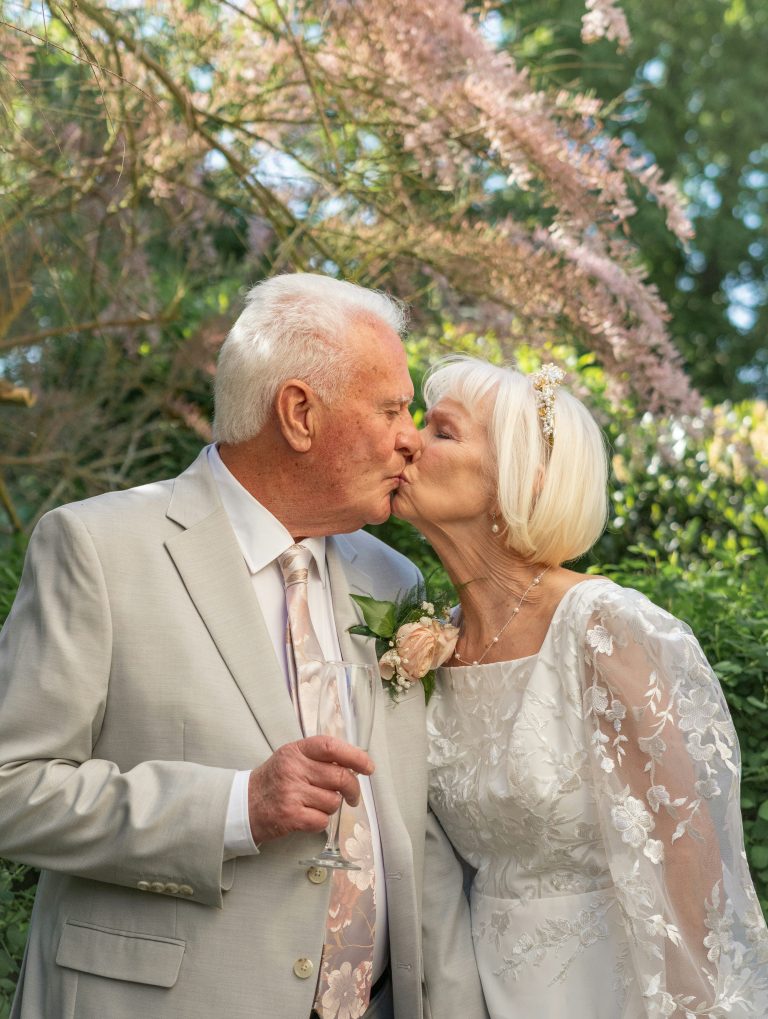
Here’s Why You’re Not In Love (Yet), Based On Your Attachment Style
Avoidant/Dismissive Insecure Attachment: You are somewhat uncomfortable being close to others. You have difficulty in trusting people completely.

For fellow friends who don’t know, an attachment style is an “expectation” that a person has about a relationship. This “expectation” is based mainly on a person’s early experiences with their caregiver.
As William Shakespeare stated “expectation is the root to all heartache.” Your attachment style is a road map to your direction in relationships. There are 4 types of attachment styles.
1. Secure Attachment, AKA “Little Miss Perfect”
You feel comfortable getting close to others, you feel comfortable being dependent on others and them being dependent on you. You had stable parents that were actively in your life, and showing you consistent affection. You don’t often worry about getting abandoned or someone getting too close. Your parents were available and responsive to your needs, you tend to mirror that behaviour with your own partner.
Your upbringing was encouraging to being “open”. Your parent’s simple actions like giving you a kiss good night, or saying “I love you”, set the right examples for your future relationships.
You lived in the perfect home, but not all of us were as “lucky” as you were. Secure Attachment is most definitely the style that we should all strive for, however nothing is ever “perfect”.
By being so “perfect” you can unknowingly make your partner feel insecure. It can be difficult to open up to someone who has never lived a tragedy in their life. If your partner is not a “Secure Attachment Style” like yourself, they may find a hard time living up to your perfect upbringing. They may feel “damaged” in comparison to you.
They fear you can never ever truly understand their problems, because you have never had a “real problem”. Your problems would seem minimal at best to them. You need that connection with someone who truly understands you. You want your partner to “get you”.They fear you could never understand something outside your perfect bubble. Sometimes a little “damage” can build a lot of character.
2. Avoidant/Dismissive Insecure Attachment, Ice Queen
You are somewhat uncomfortable being close to others. You have difficulty in trusting people completely. You become nervous when a partner can get too close. Usually your partner wishes you were more vulnerable. You have positive self-esteem, but you can act icy towards others. You are the definition of defence mechanism. Your parents may have been consistently unavailable, or dismissive towards you to the point where you feel rejected.
Sometimes in an attempt to get closer to your parents, you mirror their actions. You want their love so badly, you mimic their poor relationship habits.You are desperately desiring a connection with them, so you try to become them. However, this scenario could go in the complete opposite direction. You resent your parents and you desperately want to be everything they are not.
You are indecisive in your relationships, because you trust nothing. You are more keen to “casual sex” before a relationship. You do not like to put all your eggs in one basket. You don’t really believe in love, because you do not trust it. Relationships are more about desire and validation for yourself. Sex becomes more of a bragging right, than an intimate act for you. You tend to pull away when someone actually “likes you”, because it scares you. The chance of getting hurt scares you, more than anything.
You come off as the toughest out of all the attachment styles, but you are the most afraid of love. You act distant or “less interested” to shield yourself from pain. You believe playing “hard to get” is desirable, and it can be. However even when your partner “has you”, they never really “have you”. By constantly acting like your partner needs to “earn you”, this will eventually drive them away. It’s a catch 22, because you are fishing for love by running away from it.
3. Anxious/ Pre-occupied Insecure Attachment, Can You Say Clingy?
You need attention, you need to feel desired, you need someone to tell you, “you are good enough”. You find that others are reluctant to get as “close” to you, as you would like them them to be. You need to be constantly around your partner, to feel loved. Any kind of space, can make you feel unworthy. You have negative self-esteem, you constantly question why your partner is even with you.
You constantly believe your partner will leave you. You start to create in your mind a negative self-fulfilling prophecy, with any minor error your partner does. If your partner leaves you standing alone at a party where you know no one, you believe they have abandoned you.
You tend to say “I knew he would do that” or “ That’s so like him…”. You jinx yourself before anything has even gone wrong yet. The lies in your head start to become truths. Your parents were inconsistent with the response of your needs. They were either too absent or too available to the point of intrusive. They were moments when you felt like your parents were “never there”, and others where you were never “left alone”. You never knew what to expect. It was always all or nothing with you.
You tend to find yourself in “rollercoaster relationships”. You find yourself choosing partners that fulfill your self-fulfilling prophecy of insecurity. You attract the Avoidant/Dismissive Insecure Attachment type. You desire constant attention the most, but you chose the one person who won’t give that to you. You are so concerned with your own insecure needs, you actually provide little attention to your own partner’s needs. Your insecurity can sometimes be mistaken as being selfish.
Out of all the attachment styles, you blow up over the “little things” the most. A long awaited text response can be the end of the world to you. You treat your love interest as your obsession. Have you heard the phrase to get over someone, get under someone else? Yeah, an Anxious/Pre-occupied type basically started that. The only way you know how to “get over” a former partner, is to find a new one.
You need to substitute one obsession with another. With all these “rollercoaster relationships” and constant “rebounding”, you tend to get lost in the adrenaline rush. You lose yourself, constantly chasing someone who doesn’t want you. You run in circles looking for something that was never there.
4. Fearful/ Avoidant Insecure Attachment, Damsel In Distress
If Avoidant/Dismissive and Anxious/Pre-occupied styles had a love child, Fearful/Avoidant would be it. This an unhappy medium of insecurity of both styles. You experienced some sort of loss or trauma in your youth, that subconsciously changed you. Whether it was sexual abuse or death, it is something you would rather not talk about. This secret overwhelms you. You want close emotional relationships, but you are too stunned from early trauma.
You fear no one will understand you, if you open up. You don’t want to be judged based on your trauma. Your family issues don’t define you, but you fear people will look at you differently. So you hide behind a safe security blanket of secrets. You bottle up your feelings, you don’t want to, but you know no other way. Secrets have been your method to survival, but you can only live that way for so long. Inevitably one day you blow up, you break down, you cry, and you can’t explain to your partner why.
You can’t find true intimacy until you tell the truth. The truth can set you free, but you are still too afraid of it. You have lived more than most have. You are wise beyond your years. You grew up too quickly. You tend to pretend “everything is okay” too often. You let the little things slide, because you have seen worse. Yet, by doing this you tend to get taken advantage of.
When you do finally open up, you feel like your partner is your “rock”, your “everything”. It is understandable, because it took you so long to get to this point of openness with them. You find yourself relying on them when you are in trouble, but you have to remember how to save yourself without them. You have to remember your trauma does not define you and neither does your partner. ![]()











